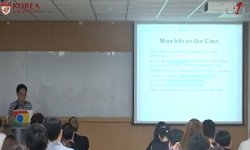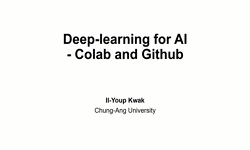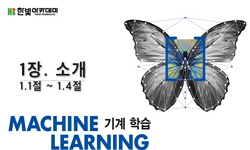To stably operate EMS(Energy Management System) that systematically manages energy in the building, there is a need for predicting energy consumption and production in advance. In this study, we used hourly observed meteorological data from January, 2...
http://chineseinput.net/에서 pinyin(병음)방식으로 중국어를 변환할 수 있습니다.
변환된 중국어를 복사하여 사용하시면 됩니다.
- 中文 을 입력하시려면 zhongwen을 입력하시고 space를누르시면됩니다.
- 北京 을 입력하시려면 beijing을 입력하시고 space를 누르시면 됩니다.
https://www.riss.kr/link?id=A108454686
- 저자
- 발행기관
- 학술지명
- 권호사항
-
발행연도
2022
-
작성언어
Korean
- 주제어
-
KDC
553
-
자료형태
학술저널
- 발행기관 URL
-
수록면
587-590(4쪽)
- 제공처
-
0
상세조회 -
0
다운로드
부가정보
다국어 초록 (Multilingual Abstract)
To stably operate EMS(Energy Management System) that systematically manages energy in the building, there is a need for predicting energy consumption and production in advance. In this study, we used hourly observed meteorological data from January, 2018 to December, 2020 provided by the Seoul branch of the Korea Meteorological Administration. The solar altitude data are calculated through the solar angle calculator provided by One Energy. The collected data are converted into available data set by data processing strategy. The correlation analysis between each meteorological data type and solar radiation after one hour proceeded to select the input parameters on the developed model. Selected meteorological data sets are used in the learning stage of the developed LSTM structure prediction model. The predictive performance of each model were analyzed through MAE(Mean Average Error), NMBE(Normalized Mean Bias Error), CV(RMSE)(Coefficient of Variation of Root Mean Square Error), R²(Coefficient of Determination) and computational time. The model with a window size of 24 was selected by performance evaluation criteria. Valid predictive performance of solar radiation after one hour in Busan was derived also from the selected model.
목차 (Table of Contents)
- Abstract
- 1. 서론
- 2. 연구방법
- 3. 기준 분석 및 비교 결과
- 4. 결론
- Abstract
- 1. 서론
- 2. 연구방법
- 3. 기준 분석 및 비교 결과
- 4. 결론
- References
동일학술지(권/호) 다른 논문
-
- 대한설비공학회
- 차명훈(Myung Hoon Cha)
- 2022
-
공동주택 지역난방시스템의 운전 시그니처 도출을 위한 클러스터링 자동화 방법
- 대한설비공학회
- 홍예진(Yejin Hong)
- 2022
-
중소규모 공공건축물의 제로에너지빌딩 구현 방안에 관한 연구
- 대한설비공학회
- 이우근(Woo Keun Lee)
- 2022
-
국내 그린리모델링 현장 사례분석을 통한 레트로 커미셔닝(RCx) 적용의 중요성 검토
- 대한설비공학회
- 김소연(Soyeon Kim)
- 2022




 DBpia
DBpia






